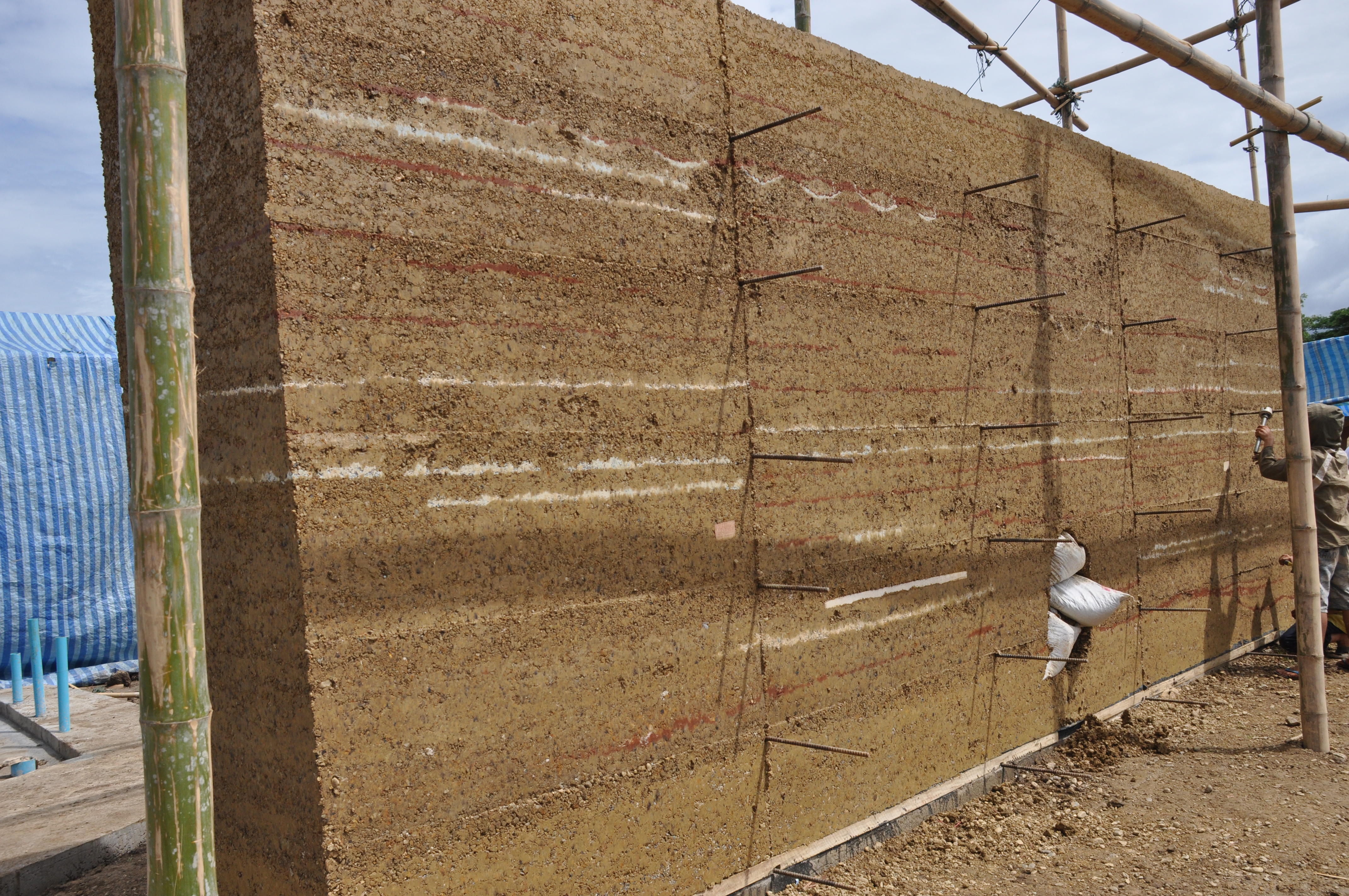7. Straw Bales
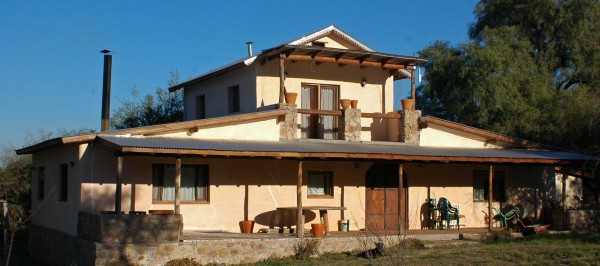 Mark Jensen has a philosophy; one can build a house just like making small buildings with Lego. But here he plans to use straw bales instead of Lego blocks. Straw is a byproduct of the grain industry that is often burned otherwise. California Straw Building Association stated that straw, if kept dry, can last for thousands of years. Straw bales bond well to stucco and plaster walls, and they provide good insulation. Naturally straws have few limitations when it comes to buildings and the building code too deals with it on case to case basis. It weighs around 23 to 41 kg per unit volume and about 300 medium sized straws are sufficient for 2000 square foot house.
Mark Jensen has a philosophy; one can build a house just like making small buildings with Lego. But here he plans to use straw bales instead of Lego blocks. Straw is a byproduct of the grain industry that is often burned otherwise. California Straw Building Association stated that straw, if kept dry, can last for thousands of years. Straw bales bond well to stucco and plaster walls, and they provide good insulation. Naturally straws have few limitations when it comes to buildings and the building code too deals with it on case to case basis. It weighs around 23 to 41 kg per unit volume and about 300 medium sized straws are sufficient for 2000 square foot house.
[youtube]http://www.youtube.com/watch?v=LZABqaEsrLM[/youtube]
6. Cool Roofing
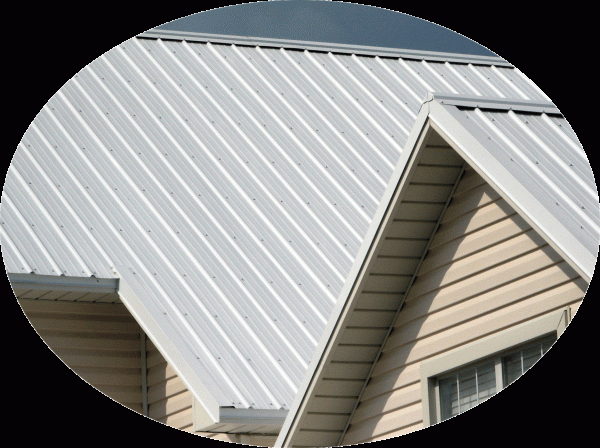 Cool roofing works on the same principle as a white shirt does in comparison to a black one. White shirt reflects most of the heat and keeps the person cool. Cool roofing too reflects most of the heat from the sun and keeps the house cool. In the past, color was the governing factor and the customer were advised to choose lighter colors. However with betterment in technology even dark colors now reflect heat back into the atmosphere making the spectrum of color choice wider. Naturally such material cost more than traditional materials. Eco Home Magazine put forward an estimate that a surplus cost of $80 along with principle amount is needed if the customer opts for cool roofing. However people argue that this cost can be saved up in terms of electricity bills.
Cool roofing works on the same principle as a white shirt does in comparison to a black one. White shirt reflects most of the heat and keeps the person cool. Cool roofing too reflects most of the heat from the sun and keeps the house cool. In the past, color was the governing factor and the customer were advised to choose lighter colors. However with betterment in technology even dark colors now reflect heat back into the atmosphere making the spectrum of color choice wider. Naturally such material cost more than traditional materials. Eco Home Magazine put forward an estimate that a surplus cost of $80 along with principle amount is needed if the customer opts for cool roofing. However people argue that this cost can be saved up in terms of electricity bills.
[youtube]http://www.youtube.com/watch?v=q0GKcdgxHsk?[/youtube]
5. Structural Insulated Panels
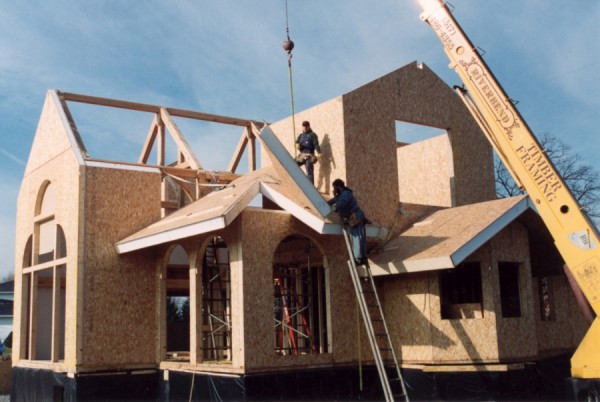 The general principle of this technology is that an insulation material is place between pieces of plywood, strand board or cement panels. In 2009, the material was used in less than 2 percent of new homes. Some estimates tell us that such materials can save up to 50% in energy cost. However, architects are not fully aware of the ways to use it and some people find them ugly. According to the National Association of Home Builders, the material is fire resistant, and it can be used for foundations, floors, basements and load-bearing walls. And as to the aesthetic issues, the association’s research notes that the surfaces can be given a finished looks, such as wood grain or stucco. Siding, bricks and stone can be installed on the panels, too.
The general principle of this technology is that an insulation material is place between pieces of plywood, strand board or cement panels. In 2009, the material was used in less than 2 percent of new homes. Some estimates tell us that such materials can save up to 50% in energy cost. However, architects are not fully aware of the ways to use it and some people find them ugly. According to the National Association of Home Builders, the material is fire resistant, and it can be used for foundations, floors, basements and load-bearing walls. And as to the aesthetic issues, the association’s research notes that the surfaces can be given a finished looks, such as wood grain or stucco. Siding, bricks and stone can be installed on the panels, too.
[youtube]http://www.youtube.com/watch?v=liTV_iLkdl0?[/youtube]
4. Recycled Wood/Plastic Composite Lumber
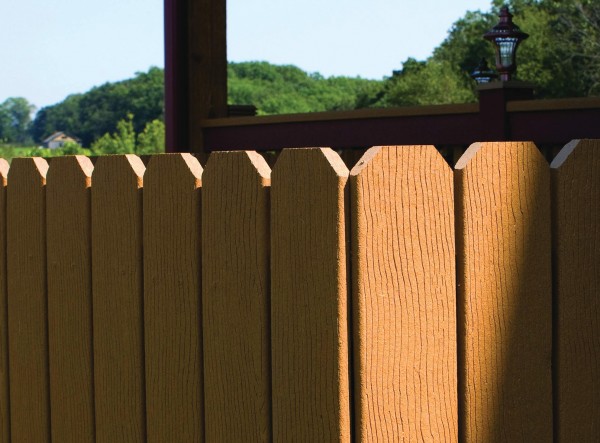 National Association of Home Builders prefers 50-50 combination of wood fibers and waste plastics over traditional treated lumber as it is more durable and less toxic. Due to its composite nature the material is more rigid that plastic lumber. The wood fibers add the extra strength. While it’s more resistant to mold and rot, the composite lumber is more rigid in the cold and more pliable in the heat than plastic lumber. This also implies that the material is expensive as well.
National Association of Home Builders prefers 50-50 combination of wood fibers and waste plastics over traditional treated lumber as it is more durable and less toxic. Due to its composite nature the material is more rigid that plastic lumber. The wood fibers add the extra strength. While it’s more resistant to mold and rot, the composite lumber is more rigid in the cold and more pliable in the heat than plastic lumber. This also implies that the material is expensive as well.
[youtube]http://www.youtube.com/watch?v=L79OgZUiPpA[/youtube]


